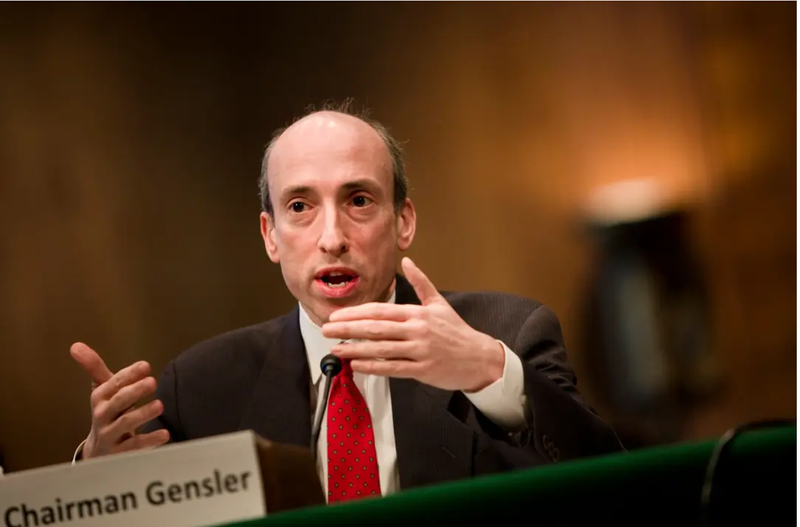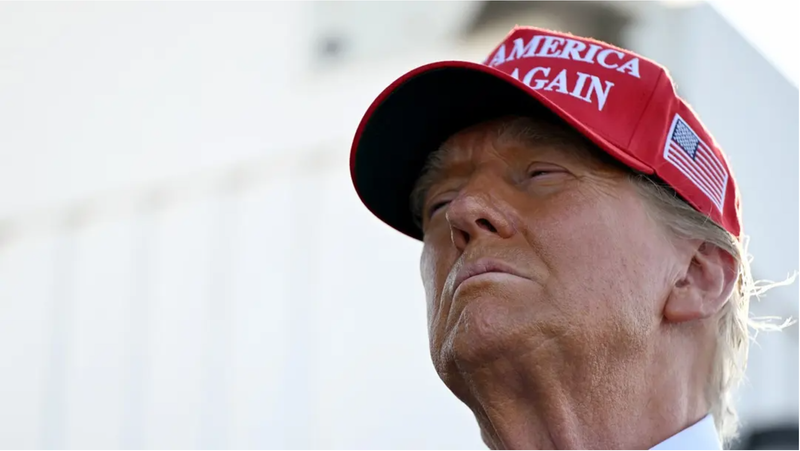Haley Clarifies Social Media Name Verification Stance
Former South Carolina Gov. Nikki Haley, who’s currently running for the 2024 Republican presidential nomination, has slightly walked back her proposal that social media platforms forbid anonymous posting....

Facts
- Former South Carolina Gov. Nikki Haley, who’s currently running for the 2024 Republican presidential nomination, has slightly walked back her proposal that social media platforms forbid anonymous posting.1
- Haley, in a Fox News interview Tuesday, called anonymous social media posts a “national security threat” and said that if she wins the presidency, she’ll require social media platforms to verify their users and show their algorithms.2
- But in a CNBC interview Wednesday, Haley said she’s focused on anonymous foreign actors being able to post on social media rather than on Americans doing the same, even though “life would be more civil” if everyone was verified.3
- Haley’s initial comments were met with backlash from her rivals for the GOP nomination.4
- Issues surrounding social media — including a potential ban of the short-video site TikTok — have become a hot topic among the contenders for the Republican nomination.5
Sources: 1Associated Press, 2FOX News, 3CNBC, 4New York Post and 5Business Insider.
Narratives
- Narrative A, as provided by FOX News. Haley’s proposal is grossly unconstitutional. Anonymous speech is a vital piece of free speech, and some of America’s greatest early heroes used pseudonyms to express their opinions without the fear of being harassed or worse. If conservatives are going to continue to stand up for their beliefs, the nation needs more free speech, not less.
- Narrative B, as provided by Washington Post. Haley’s critics are misinterpreting her proposal and the constitution. She’s trying hard to stop foreign actors — including China and Iran — from creating multiple accounts in an effort to spread misinformation that will harm the US. In addition, First Amendment protection might apply to the government requiring social media verification, but private companies are free to establish their own terms of service.






